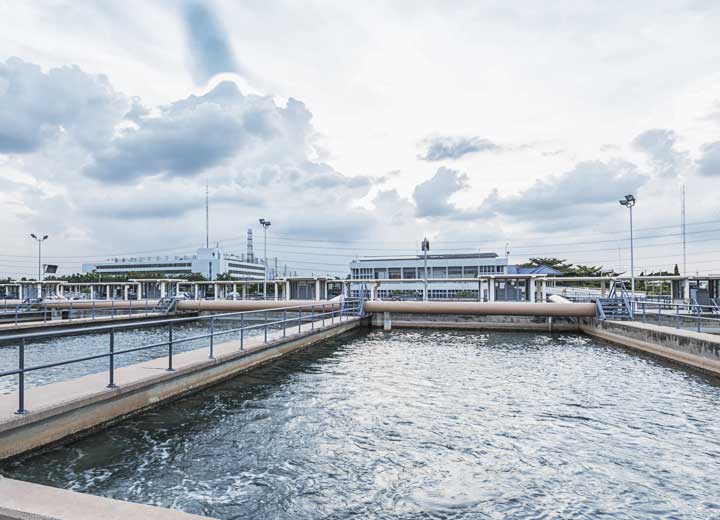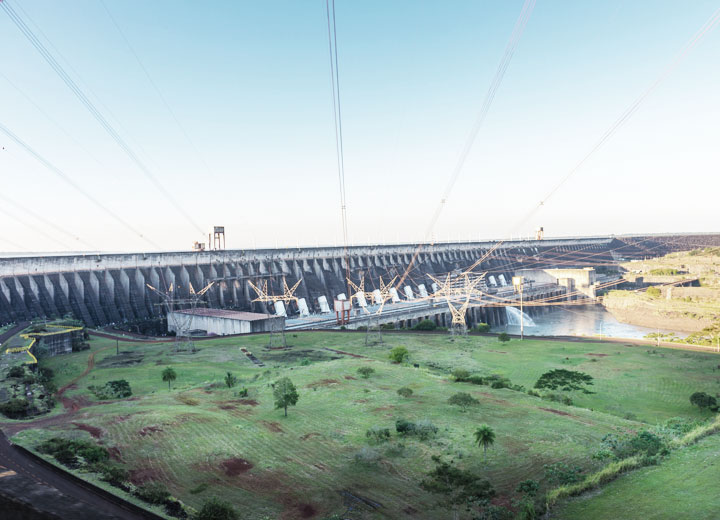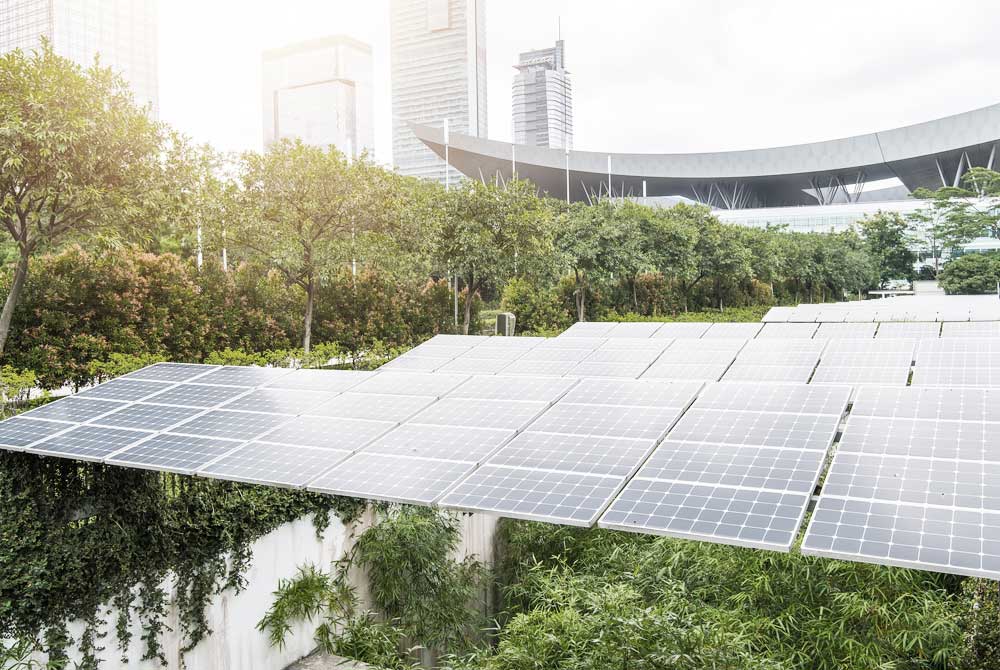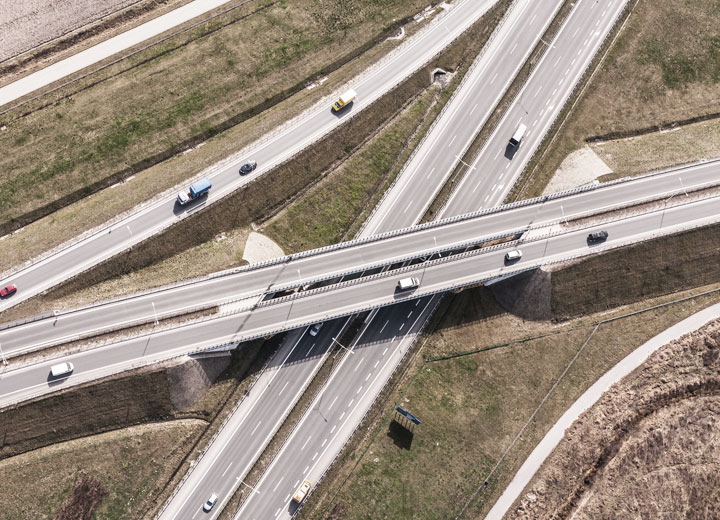
The scope of application of Provisional Presidential Order No. 800/2017, popularly known as the Highways MP, became clearer with Ordinance No. 945/2017, published by the Ministry of Transport, Ports, and Civil Aviation on November 16.

Rafael Vanzella, Jéssica Borges, and Nathália Fukunaga
The Municipality of São Paulo approved its Privatization Plan, which had been awaited since the first months of the new administration, when ideas about the privatization of municipal companies and other assets, as well as concessions for services and public goods, were frequently disclosed

Presidential Provisional Measure No. 800/2017, popularly known as the “Highways PM,” establishes rescheduling of investments as a new regulatory tool for federal highway concession contracts. Subject to future regulation by the Ministry of Transport, Ports, and Civil Aviation, the measure seeks to solve the problem of concentration of investments in the first years of the concession, in the light of the fall in demand for road services.

On July 25, Brazil’s federal government sent to the National Congress three provisional presidential decrees that reform the mining sector in Brazil. The proposal is to adopt a model that adjusts the reality of this industry in Brazil to the current global economic context and to stimulate revitalization of the sector, seeking greater competitiveness and sharing of mining proceeds. Even so, the initiative has been subject to harsh criticism, especially regarding its burdening of an industry that has been suffering economic slowdown in recent years.

Among the many reforms undertaken by the new Brazilian Administration of infrastructure since September of last year - such as the massive privatization program, which has given new impetus to the market, or BNDES's new collateral-sharing policies, which aim to give greater comfort to commercial banks -, the approval of Provisional Presidential Decree No. 777/2017, which establishes the Long-Term Rate (TLP) and was converted into law, is worthy of note.

The São Paulo State Government forwarded to the State Legislature Draft Bill No. 659/2017, which provides for the corporate reorganization of Companhia de Saneamento Básico de São Paulo – SABESP (São Paulo Basic Sanitation Company).

After a severe financial crisis, the shareholders of the concessionaire Aeroportos Brasil Viracopos S.A. (ABV) decided to request the rebidding of the concession contract for the Viracopos Airport based on Law No. 13,488/2017. This will be the first case of this type and opens up a pathway for others that may come to light because of Brazil’s difficult political and economic situation.

The recovery of the Brazilian economy necessarily requires resumption of industrial activities and investments in large infrastructure projects. It is not difficult to conclude that an essential condition for this goal is the agile and direct access to financial resources, both in the traditional debt markets, led mainly by the National Economic and Social Development Bank (Banco Nacional de Desenvolvimento Econômico e Social) (BNDES), and in the capital market, which was essentially marked by issuances of infrastructure debentures (a type of notes or bonds) (Law No. 12.431/2011) over the last years.

The Brazilian Electric Energy Agency – ANEEL is holding a reserve energy contract cancellation auction, or reverse auction, on August 28, 2017, at 10:00 am, in accordance with the rules of the competitive mechanism announcement published at the end of July. Participation in the auction is a good alternative for eligible generation projects that fail to ensure their deployment viability.

The attention of participants in the electric sector will be directed, until August 4, to discussions of Public Consultation No. 33/2017.

The National Bank for Economic and Social Development (BNDES) settled an agreement at the end of June to share guarantees with public and private banks that act as guarantors in infrastructure projects.

The Ministry of Mines and Energy (MME) published on Thursday, June 29, an ordinance that gives priority status to the approval process for infrastructure investment projects specifically in the electricity distribution sector, thus facilitating the issuance (with tax benefits) of 12,431 debentures by the distributors.

The international green bonds market has been developing rapidly since the first issuances by the European Development Bank and the World Bank in 2007 and 2008, respectively. With these "green bonds", companies, investment banks, and governments raise funds to finance or refinance projects or assets with positive environmental or climatic impacts. The bonds issued may take the form of any debt securities, such as debentures, notes, and financial bills. The only difference relates to the allocation of funds.

Law No. 13,448 (conversion of Provisional Presidential Decree No. 752 or "Concessions MP") governs re-bidding projects operated through concession in the toll road, railroads and airport sectors.

The law applies only to the toll-road, airport, and railway sectors, and extension is geared towards toll roads and railroads. The exclusion of other industries was not accidental. The government has chosen to have a separate approach for sectors with different realities and levels of maturity.